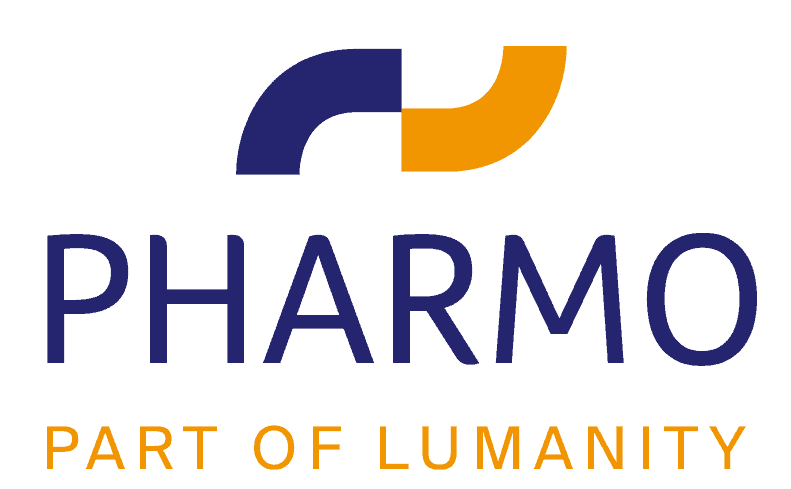OBJECTIVE: To investigate whether the intensity of triptan and ergotamine use, in specific overuse, is associated with the risk of ischemic complications. METHODS: We conducted a retrospective nested case-control study using data from the PHARMO Reord Linkage System. All patients with more than one prescription for either a triptan or ergotamine were initially identified. Cases were all patients who were admitted to the hospital for an ischemic complication. Matched controls were assigned the sameindex date as the cases. The determinant was the intensity of use of triptans and ergotamine during 1 year preceding the index date. Overuse was defined as use of > or =90 defined daily doses during that year. Conditional logistic regression was used toestimate odds ratios (ORs), adjusting for confounders. Stratified analysis was used to estimate the risk for both patients using and those not using cardiovascular drugs. RESULTS: A total of 17,439 patients received more than one prescription. A total of 188 cases and 689 controls were identified. Triptan overuse was not associated with an increased risk of ischemic complications (OR 0.96; 95% CI: 0.49 to 1.90). Overuse of triptans in patients concomitantly using cardiovascular drugs did not increase this risk. Overuse of ergotamine turned out to be a risk factor for ischemic complications (OR 2.55; 95% CI: 1.22 to 5.36). Patients overusing ergotamine and concomitantly using cardiovascular drugs were at highest risk (OR 8.52; 95% CI 2.57 to 28.2). CONCLUSIONS: In general practice, triptan overuse does not increase the risk of ischemic complications. Overuse of ergotamine may increase the risk of these complications, especially in those simultaneously using cardiovascular drugs.
To provide the best experiences, we use technologies like cookies to store and/or access device information. Consenting to these technologies will allow us to process data such as browsing behavior or unique IDs on this site. Not consenting or withdrawing consent, may adversely affect certain features and functions.
Functional Always active
The technical storage or access is strictly necessary for the legitimate purpose of enabling the use of a specific service explicitly requested by the subscriber or user, or for the sole purpose of carrying out the transmission of a communication over an electronic communications network.
Preferences
The technical storage or access is necessary for the legitimate purpose of storing preferences that are not requested by the subscriber or user.
Statistics
The technical storage or access that is used exclusively for statistical purposes.
The technical storage or access that is used exclusively for anonymous statistical purposes. Without a subpoena, voluntary compliance on the part of your Internet Service Provider, or additional records from a third party, information stored or retrieved for this purpose alone cannot usually be used to identify you.
Marketing
The technical storage or access is required to create user profiles to send advertising, or to track the user on a website or across several websites for similar marketing purposes.
